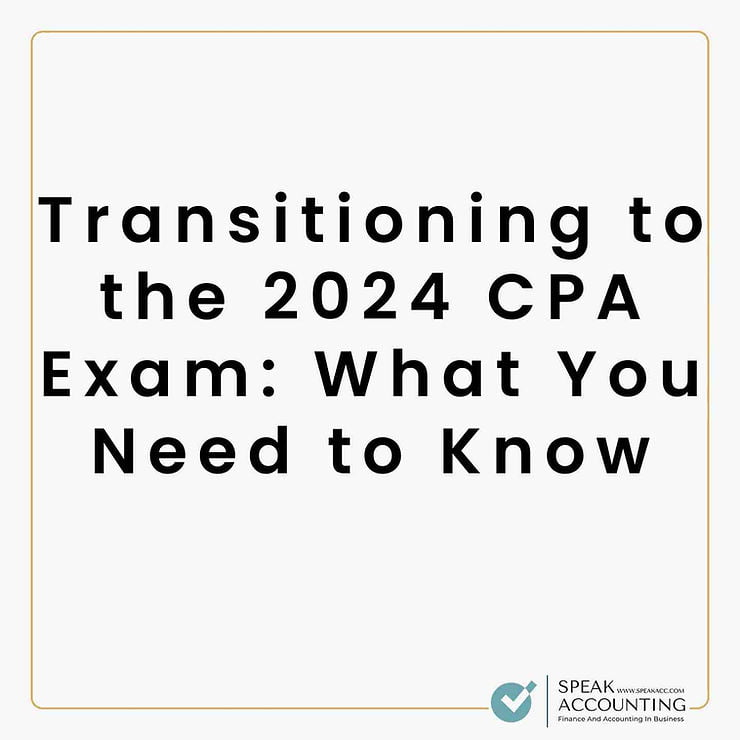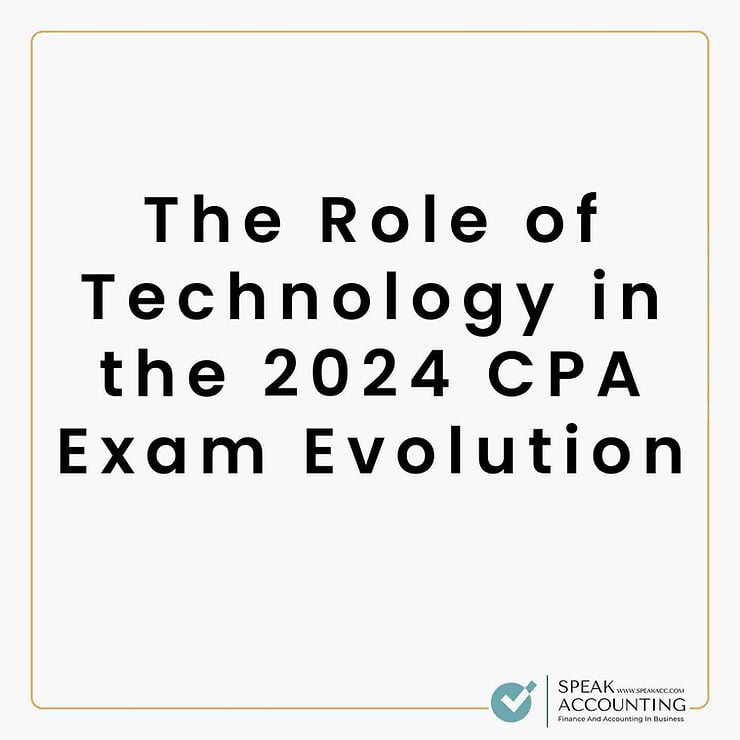Introduction to CPA Exam Requirements
The CPA (Certified Public Accountant) exam is a big deal in the world of accounting. It’s like the ultimate test that can lead to a rewarding career in finance and auditing. In this guide, we’ll break down everything you need to know about the CPA exam. We’ll talk about who can take it, what you need to study, and the kind of work experience required.
What is the CPA Exam?
Why the CPA Exam Matters
The CPA exam is a test that shows you’re a top-notch accountant. It’s important because it helps employers and clients know you’re skilled and trustworthy.
Four Parts of the CPA Exam
The exam isn’t just one test; it’s four! Each part checks if you’re good at different things. These parts are Auditing and Attestation (AUD), Business Environment and Concepts (BEC), Financial Accounting and Reporting (FAR), and Regulation (REG).
Who Can Take the Exam?
Basic Rules for Everyone
To take the CPA exam, you need to be a U.S. citizen or a permanent resident. You also have to meet certain age requirements, usually 18 or 21, and have a Social Security Number.
Special Rules for Each State
Each state in the U.S. has its own rules about who can take the CPA exam. These rules can be different, so make sure to check the rules for your state.
What Education Do You Need?
Building a Strong Foundation
You can’t just walk in and take the CPA exam. You need to have a good education first. This usually means having at least a bachelor’s degree from an accredited school. Your degree needs to be in accounting or something similar.
The 150-Hour Rule
To make sure you really know your stuff, you need to take extra classes. You have to earn 150 semester hours of education. This is like an extra step to ensure you’re well-prepared.
Work Experience Requirements
Getting Hands-On Experience
Being a CPA isn’t just about books; you need real-world experience. There are two types: public accounting and non-public accounting. Public accounting is like helping other companies, and non-public is more about working in-house for one company.
How Much Experience?
You’ll need to work for a specific number of hours, often 1,600 or more. The exact amount depends on your state. This real-world experience helps you become a great CPA.
Applying for the Exam
Navigating the Application Process
You’ve met the requirements; now it’s time to apply. The application process can be tricky. We’ll guide you on where and how to apply.
Costs to Consider
Becoming a CPA isn’t free. Here are the costs you should be aware of:
- Exam Fees: Each part of the CPA exam has its own fee, and these fees can vary by state. On average, you can expect to pay between $150 and $250 per section. So, for all four sections, you’re looking at a total cost of around $600 to $1,000.
- Study Materials: To prepare effectively, you’ll likely invest in study materials, such as textbooks, review courses, and practice exams. The cost of study materials can range from a few hundred to over a thousand dollars.
- Review Courses: Many candidates find review courses helpful. These courses can provide structured study plans, practice questions, and expert guidance. The cost of review courses can range from $1,000 to $3,000 or more.
- Retake Fees: If you don’t pass a section on your first attempt, there may be additional fees for retaking that section. These fees vary by state but are typically less than the initial exam fee.
It’s important to budget for these expenses as you plan your journey to becoming a CPA. Proper financial planning will help you stay on track and achieve your goal.
What’s on the Exam?
Understanding the Exam Structure
The CPA exam is a big test. It has multiple-choice questions, simulations, and written tasks. Knowing how it’s structured is key to doing well.
Topics Covered in the Exam
Each part of the exam tests different topics:
- Auditing and Attestation (AUD): This part focuses on auditing procedures, evaluating evidence, professional responsibilities, and ethics. You’ll be tested on your ability to assess risk and compliance with auditing standards.
- Business Environment and Concepts (BEC): BEC assesses your knowledge of business concepts, economic concepts, financial management, information technology, and operations management. You’ll also face questions on ethics and professional responsibilities.
- Financial Accounting and Reporting (FAR): FAR covers financial accounting principles, financial statement preparation, and reporting for various entities. It delves into topics like revenue recognition, leases, and accounting for income taxes.
- Regulation (REG): REG explores federal taxation, ethics, and professional responsibilities. You’ll need to know about individual taxation, entity taxation, business law, and ethics rules.
These topics are the building blocks of your CPA exam, and each part tests your expertise in a different area.
Tips for Preparing
Building Your Study Plan
To succeed in the CPA exam, you need to study hard. We’ll help you gather study materials and plan your study time effectively.
Beating Exam Stress
Creating a study plan will help you stay calm and focused. We’ll also share tips on managing exam stress.
Conclusion
Your Journey to Becoming a CPA
In closing, this guide has shown you the path to becoming a CPA. It’s a journey that takes time and effort, but the rewards are worth it. Embrace the challenge, work hard, and become a certified public accountant.
Additional Resources
For more information and resources, consider exploring the following:
- American Institute of CPAs (AICPA): The AICPA is the primary organization for CPAs in the United States. Their website provides a wealth of information on the CPA exam, including exam content, resources, and updates.
- National Association of State Boards of Accountancy (NASBA): NASBA is responsible for the administration of the CPA exam. Their website offers state-specific information, exam candidate resources, and guidance on the exam application process.
- CPA Exam Review Courses: Several reputable companies offer CPA exam review courses. These courses provide structured study plans, practice questions, and expert guidance. Examples include Becker, Wiley CPAexcel, and Roger CPA Review.
- State-Specific Boards of Accountancy: Each state has its own Board of Accountancy with specific requirements for CPA licensure. You can find links to your state’s board on NASBA’s website to get state-specific guidance.
- CPA Exam Forums: Online forums like Another71 offer a platform for CPA candidates to share their experiences, ask questions, and seek advice from others who are preparing for the exam.
- Official CPA Exam Sample Tests: The AICPA provides official sample tests for each section of the CPA exam. These are valuable resources for understanding the format and types of questions you’ll encounter.
- CPA Exam Blog: Websites like CPA Exam Guide offer blog posts, tips, and study strategies from individuals who have successfully passed the CPA exam.
- CPA Review Books: Many comprehensive CPA review books are available on platforms like Amazon. These books cover the exam content in detail and can be a valuable part of your study materials.
FAQs
Q: How long does it take to become a CPA?
A: Most people take 1-2 years to meet all the requirements and pass the CPA exam.
Q: Can I take the CPA exam in a different state from where I plan to work?
A: Yes, it’s possible. Many states allow you to take the exam in one state and then use your scores in another.
Q: What’s the pass rate for the CPA exam?
A: Pass rates vary, but it’s typically around 50%.
Call to Action
Share this guide with others who might want to become CPAs. If you have questions or want to share your experiences, please do so in the comments. Your journey to becoming a CPA begins here.




